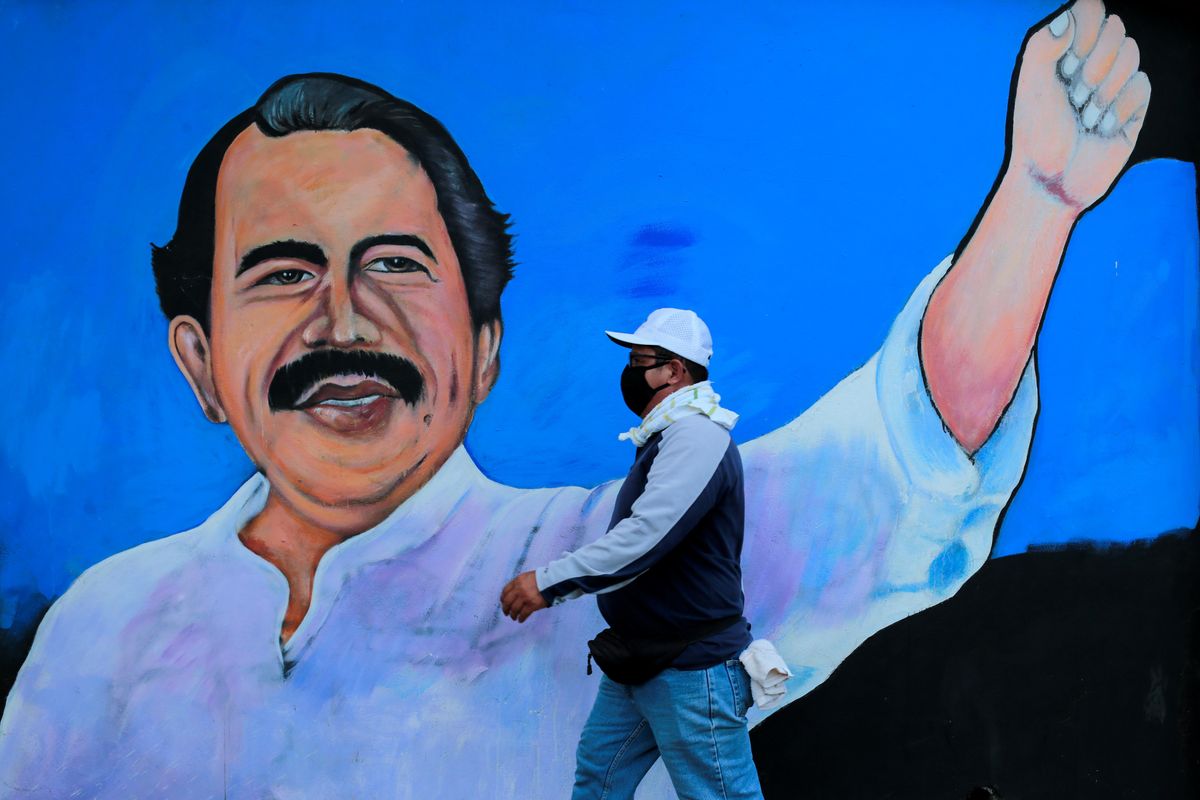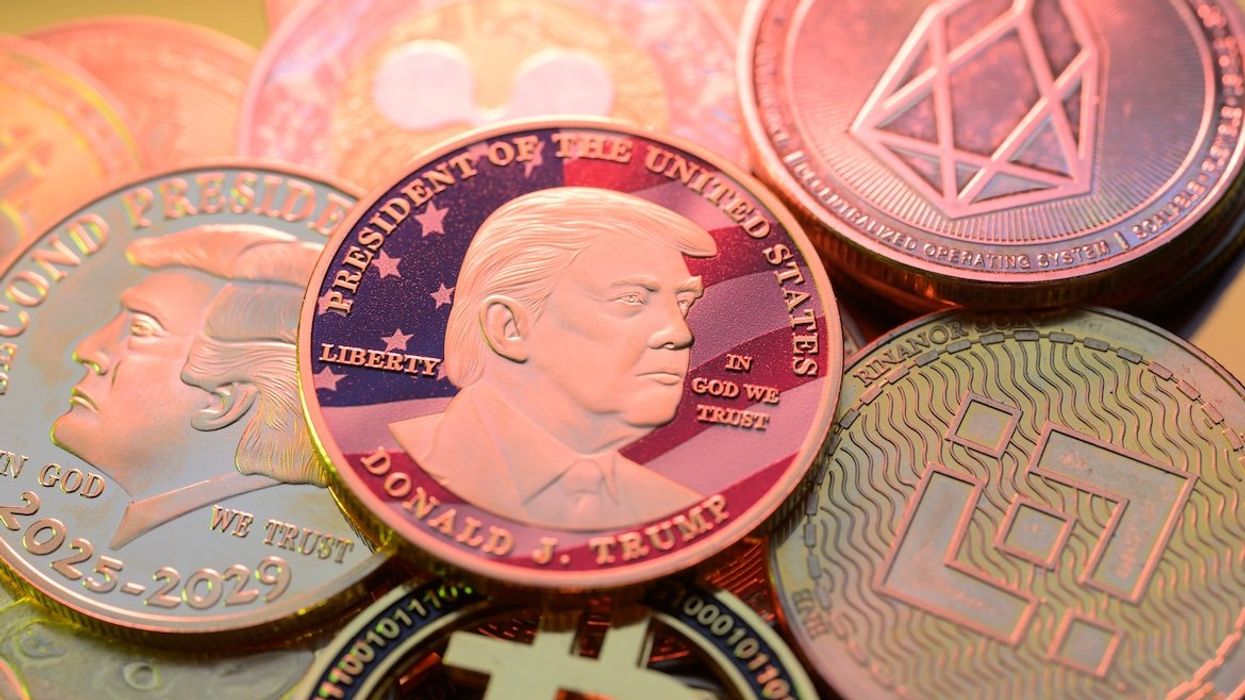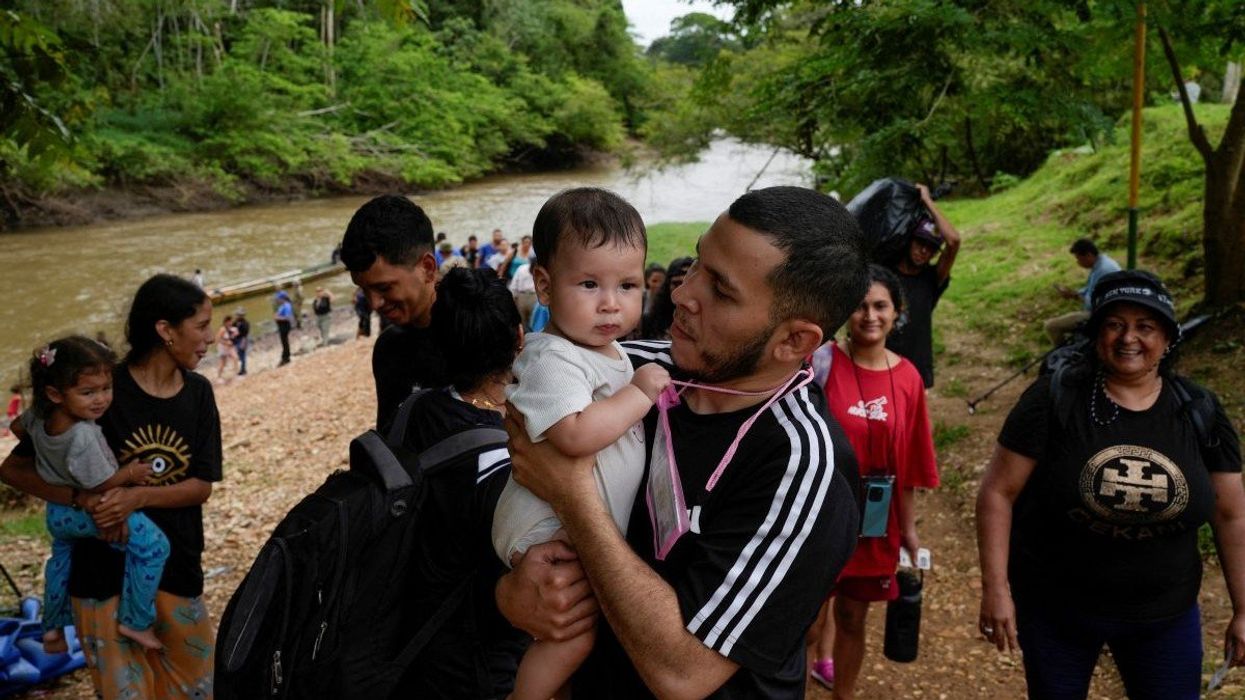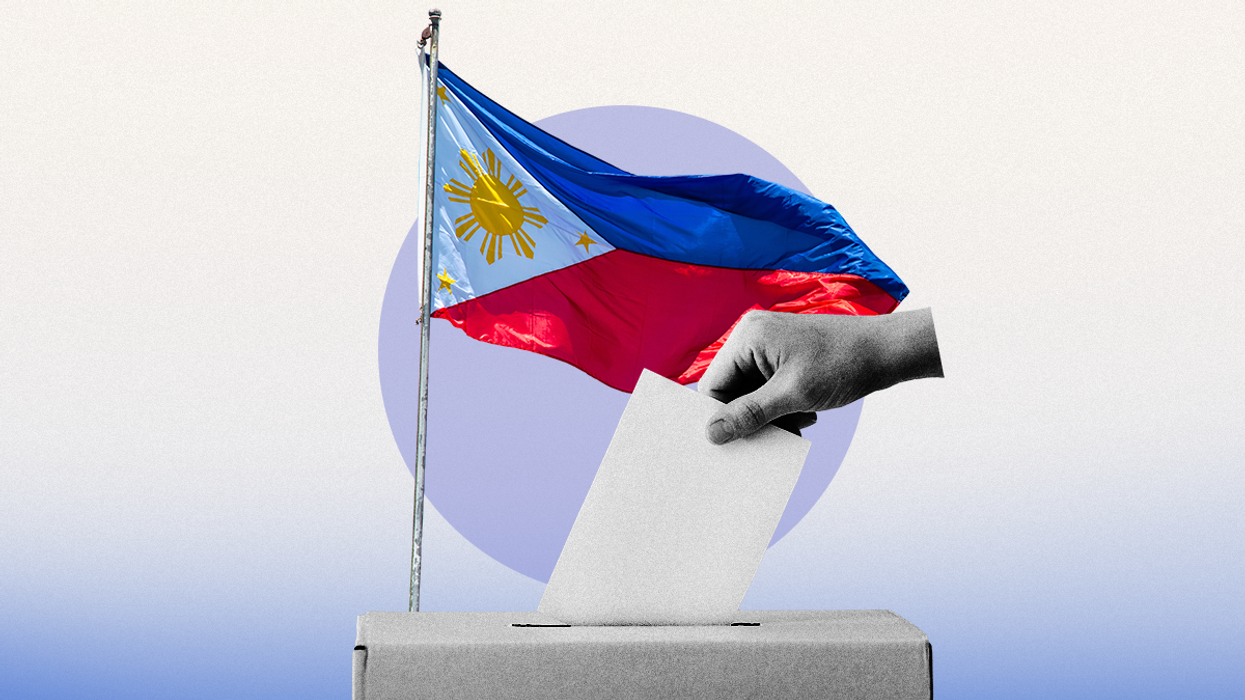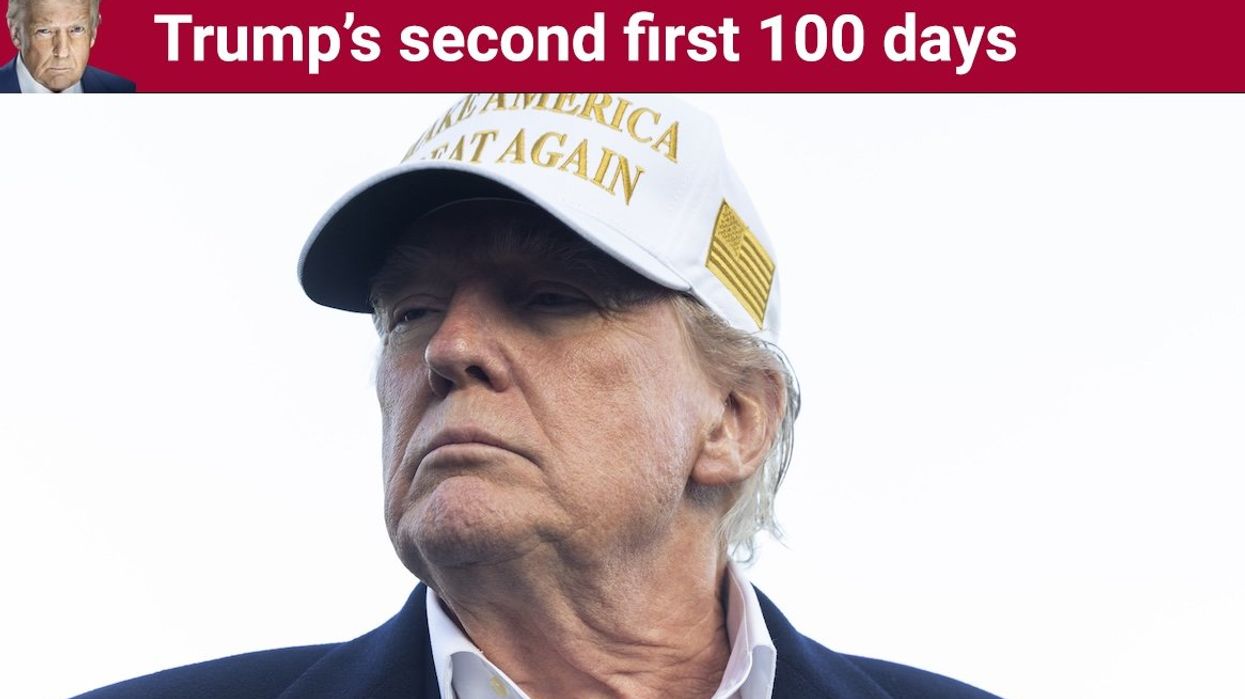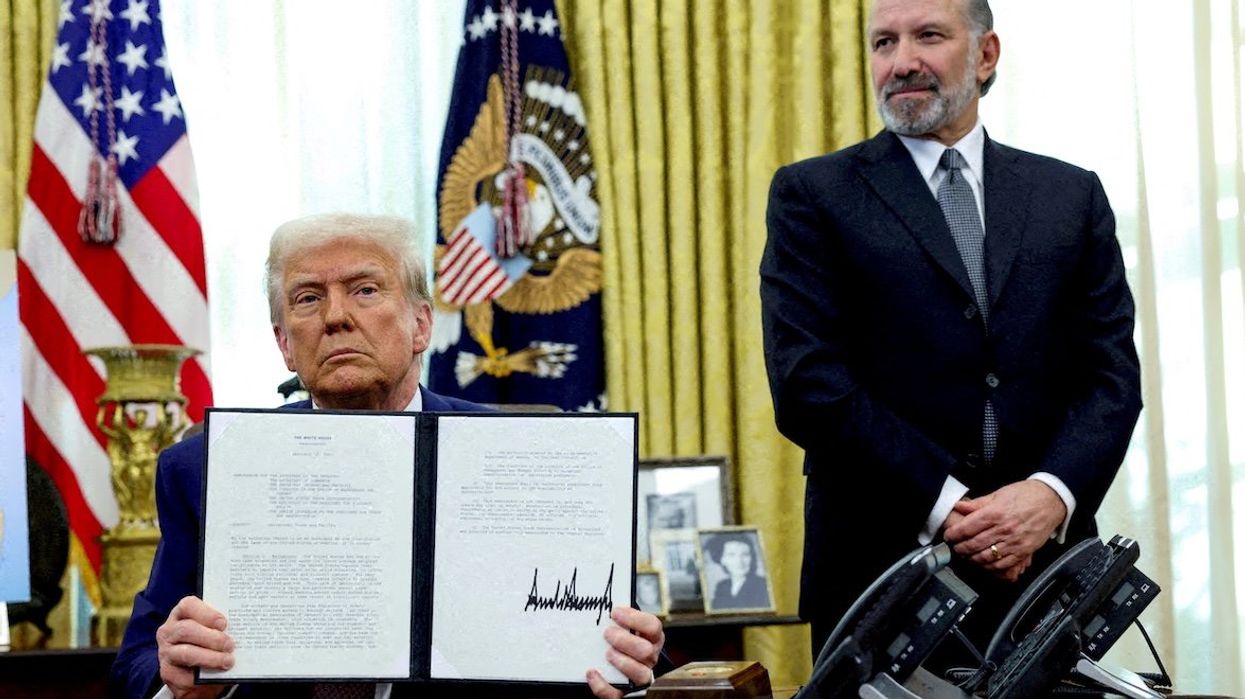On Sunday, Nicaragua will hold presidential and legislative elections in which President Daniel Ortega is all but guaranteed to win a fifth term. So, why does the vote even matter? We asked Eurasia Group analyst Yael Sternberg for her take.
Who's Daniel Ortega?
Ortega, now the longest-serving leader in the Americas, first came to power in 1979 as part of a military junta that overthrew the US-backed rightwing dictatorship of Anastasio Somoza. Ortega won elections organized by the military junta in 1984, but lost power in the country's first free elections, held in 1990. He was then democratically elected in 2006 but has since turned increasingly repressive, particularly in the aftermath of massive anti-government protests in 2018. Ortega's running mate is his wife, Rosario Murillo, the most public face of the regime.
What steps has Ortega taken to secure his victory?
The government has imposed nearly impenetrable barriers for opposition candidates to participate in these elections. In late 2020, the National Assembly approved a law prohibiting individuals deemed as "traitors" from holding public office. To date, eight potential opposition candidates have been arrested under this justification. Ortega also named a new Supreme Electoral Council earlier this year that is wholly comprised of loyalists and has helped to put up roadblocks to opposition candidacies and coalitions alike. They have also used fresh COVID restrictions to limit campaign-related events. At the same time, Ortega has cracked down on independent journalists and created his own social media troll farms. Meta, the company formerly known as Facebook, said this week that it had shut down nearly 1,500 accounts and pages that were part of a government-coordinated effort to disseminate pro-Ortega propaganda. And lastly, the assembly approved a reform this year limiting the involvement of international election observers, which will severely limit election oversight.
How do these conditions compare to those of previous elections?
The 2016 election was far from free and fair, given the elimination of presidential term limits that allowed for Ortega to participate, as well as the disqualification of the opposition's strongest contender. However, the government has gone much further with this election by disqualifying or arresting every viable opposition candidate on treason charges. What's more, the shadow of the 2018 protests and violent security crackdowns that followed looms large. During those protests, security forces injured hundreds and killed several demonstrators, while the government clamped down on independent media and outlawed protests altogether. In this context, civil society and opposition movements not only face significant deterrents from playing an active role in the election, but also a widespread sense of fear that has not subsided in the aftermath of 2018.
So, do these elections matter at all?
The election will significantly increase Nicaragua's international isolation. The European Union recently joined the US and Canada in imposing targeted sanctions, including asset freezes and travel bans, on Nicaraguan individuals accused of undermining democracy and committing human rights violations. This week, US officials said that the Biden administration is collaborating with international partners to potentially revamp and impose new sanctions in response to this weekend's elections, and to begin a review of the country's participation in the CAFTA-DR free trade agreement. Separately, Congress, which in 2018 prohibited the US from supporting multilateral loans to Nicaragua, is also likely to increase pressure on the Ortega regime. This week, the US Senate approved targeted sanctions on Nicaraguan officials, and proposed initiatives to monitor and address corruption by the Ortega government. Finally, Nicaragua may well be suspended from regional organizations like the OAS, which recently adopted a resolution condemning the government's repressive actions ahead of the election.
Is there likely to be any internal backlash against the authorities?
While the elections could serve as a potential catalyst for popular unrest, the scope will likely be limited by the recent wave of arrests and fear of repression. Moreover, there are few figures to mobilize such discontent; much of the opposition movement has been forced underground or into exile, where it will struggle to be effective or cohesive.
Is a repeat of the 2018 protests likely any time soon?
It's unlikely in the near term, but can't be ruled out entirely, given what is set to be a deteriorating economic outlook and growing popular discontent. The regime is losing multilateral support just as pandemic and hurricane financing wanes, and as the US returns to enforcing sanctions that it suspended during the pandemic. Bear in mind that the economy has already contracted for three straight years due to ongoing political turbulence and the COVID crisis, with low growth projected for this year and beyond. Foreign investment and household consumption have declined, and with mounting financing needs, the government may look to increase taxes or reduce subsidies, neither of which is popular. All of this creates a highly combustible social atmosphere that could test the Ortega government again before long.
